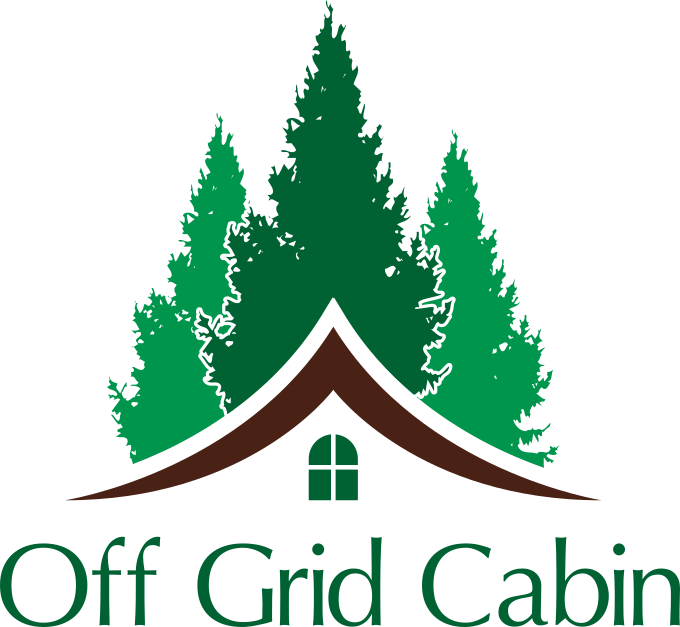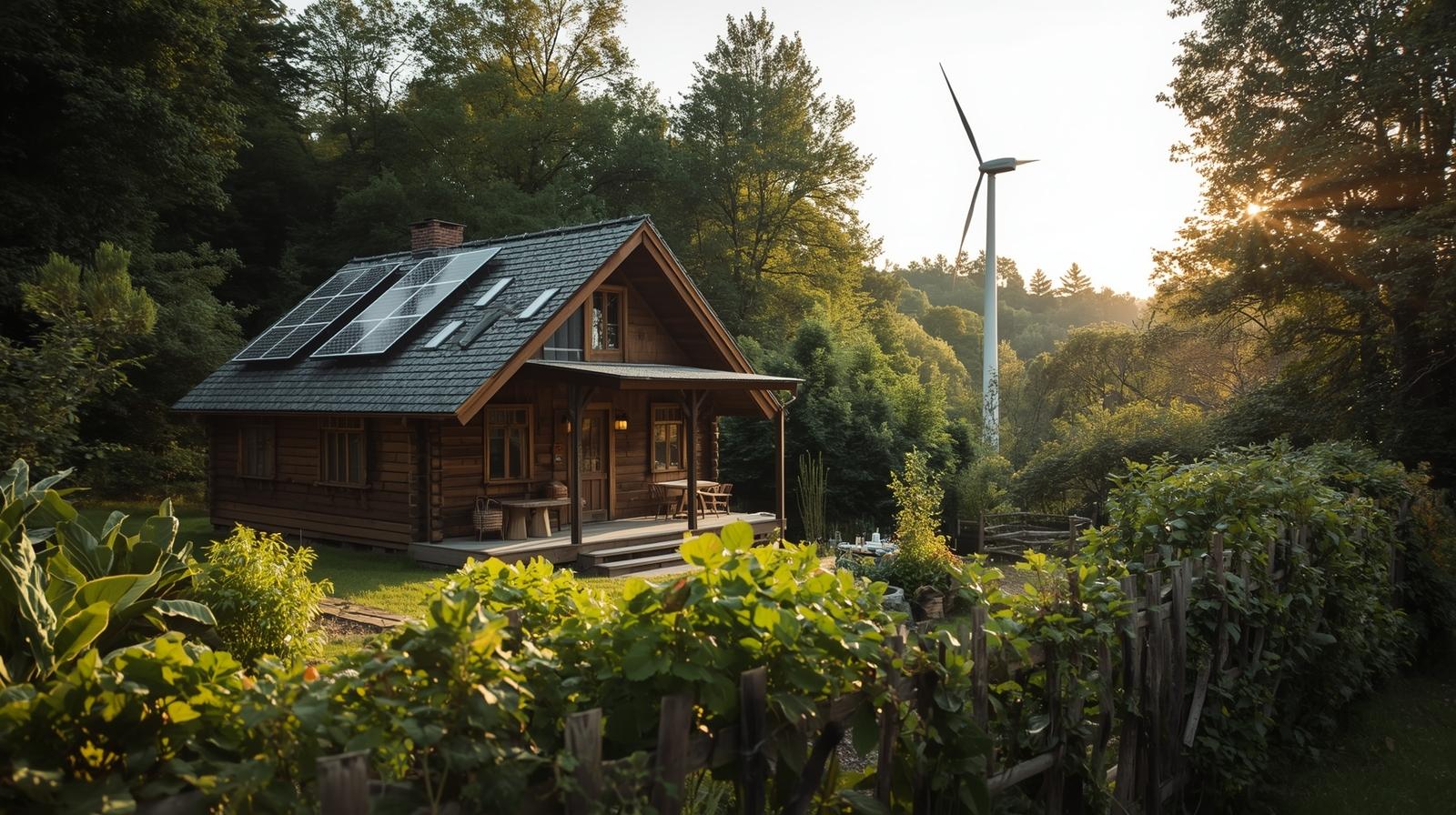Understanding the Unique Challenges and Rewards of Off-Grid Living
Living off the grid has long been associated with rugged independence, but in today’s world it has taken on a new meaning. For many, it’s not just about leaving behind utility bills — it’s about achieving a lifestyle rooted in sustainability, resilience, and freedom. Off-grid living requires creativity, problem-solving, and adaptability, but for those willing to take on the challenge, it delivers unmatched rewards in return.
What Does Off-Grid Living Truly Mean in Modern Contexts?
In its simplest form, off-grid living means creating a home and lifestyle independent from municipal utilities such as electricity, water, sewage, and sometimes even internet. This doesn’t mean abandoning modern conveniences altogether. Many off-grid homes make use of solar power systems, wind energy, micro-hydro turbines, rainwater harvesting setups, and permaculture gardens to create a hybrid lifestyle — one that balances comfort with sustainability.
It also means developing skills and systems to take care of essential needs: heating, cooking, food preservation, and water storage. The modern off-gridder isn’t necessarily living primitively — they are living intentionally.
The Essential Challenges of Going Off-Grid
1. Reliable Energy Supply
Electricity is one of the biggest hurdles for new off-grid families. While solar panels are a popular starting point, many quickly discover the importance of backup systems such as battery banks, wind turbines, or even propane generators. Seasonal changes make energy management tricky — summer sun may provide ample solar energy, while winter requires more reliance on stored power or alternative fuel.
2. Water Sourcing and Storage
Clean water is non-negotiable. Off-grid households often rely on rainwater harvesting, wells, or natural springs. A rainwater system paired with water purification methods — such as UV filters, gravity-fed ceramic filters, or boiling — ensures safe drinking water. In areas prone to drought, techniques like cisterns, greywater recycling, and drip irrigation make every drop count.
3. Food Production and Preservation
Growing your own food is rewarding but demanding. A permaculture gardening approach allows you to design a self-sustaining food system, while greenhouses extend the growing season and protect crops from pests and frost. Chickens provide eggs, goats can supply milk, and beekeeping offers honey and pollination benefits.
Food preservation is equally important — methods like freeze drying, canning, root cellaring, and solar dehydrating make harvests last year-round.
4. Connectivity and Communication
While some choose complete disconnection, most off-grid families still need internet and phone access. Satellite internet, cellular boosters, and low-power communication systems can bridge the gap. Staying connected also supports work-from-home opportunities, homeschooling, and access to emergency services.
5. The Emotional and Psychological Side
Isolation is one of the most underestimated challenges. Moving away from a traditional neighborhood can create feelings of loneliness or burnout. Many off-gridders build resilience by connecting with local communities, attending farmers’ markets, or joining online forums where experiences and skills can be exchanged.
Practical Solutions to Common Off-Grid Obstacles
Innovative Energy Systems
- Solar Panels & Battery Banks: Best for areas with reliable sunlight. Pairing panels with lithium batteries ensures dependable storage.
- Wind Turbines: Excellent in open, windy areas where solar alone isn’t enough.
- Micro-Hydro Systems: A year-round energy source if you have access to running water.
- Hybrid Systems: Combining solar, wind, and backup generators is often the most resilient strategy.
Water Management Strategies
- Install rainwater harvesting systems with first-flush diverters to keep debris out.
- Use gravity-fed water storage tanks to avoid constant pumping.
- Consider off-grid water purification systems like Berkey filters, UV treatment, or reverse osmosis.
- For gardening, set up drip irrigation or an off-grid greenhouse heating system to conserve water and energy.
Sustainable Food Systems
- Practice permaculture design for long-term soil health.
- Rotate crops and plant cover crops like clover to enrich the soil.
- Build DIY greenhouse heating systems such as rocket mass heaters or passive solar designs.
- Keep livestock small and manageable — chickens, rabbits, or goats fit most off-grid setups.
Building Community Connections
Even remote living benefits from social ties. Consider:
- Joining local barter networks for trading food, firewood, or skills.
- Attending farmers’ markets to both sell and connect with like-minded people.
- Using online platforms and forums for advice, troubleshooting, and building friendships.
The Benefits That Outweigh the Challenges
Financial Independence
By cutting ties with utilities, many households save thousands annually. Initial setup costs can be high, but over time, self-sufficient living reduces expenses and creates true financial freedom.
Environmental Stewardship
Living off-grid makes you hyper-aware of consumption. Every watt of electricity, gallon of water, and ounce of food is accounted for. This creates a deep connection with nature and often inspires more sustainable practices.
Self-Sufficiency and Empowerment
Skills like gardening, food preservation, carpentry, and water management create a sense of empowerment. You’re no longer dependent on fragile supply chains or rising utility costs.
Psychological and Lifestyle Rewards
Simplifying life often reduces stress. Many off-gridders find greater mental clarity, satisfaction, and purpose when they live intentionally, close to the rhythms of the natural world.
Final Thoughts: Resilience as the Core of Off-Grid Life
Off-grid living is not for the faint of heart, but its challenges shape stronger, more capable individuals. With resilient systems, practical planning, and a supportive community, anyone can thrive off the grid. The path may require more effort than traditional living, but the payoff — freedom, independence, and peace of mind — is priceless.
© 2025, Teresa. All rights reserved.


ChatGPT said:
Hi Teresa,
Thanks for this thoughtful and practical overview of off-grid living! I love how you highlight the intentional lifestyle behind the rugged independence—focusing on solar, rainwater harvesting, permaculture gardens, and other smart systems rather than just survival. Your breakdown of challenges like energy storage, water sourcing, food production, and staying connected really paints a full picture of what modern off-grid living truly entails. Plus, the emotional insight into isolation and building community resonates deeply. Your piece feels like both a reality check and a heartfelt invitation to a more resilient way of life.
Thierry
We have recently purchased a property, and we are looking at options for off-grid living.
Glad I found your post; we are looking at options for water and waste and glad I have stumbeled on your article.
We have looked into boreholes, do you have much knowledge arount this method?
Do you think this is a sustainable approach being that our closest supermarket is at least 3 hours away?
Congrats on your new property—that’s so exciting! A borehole can be a great water source if your land has the right conditions, and pairing it with rainwater storage adds peace of mind. For waste, many off-grid folks do well with composting toilets or a septic system, depending on local rules. With the nearest store so far away, having a reliable water and waste setup will make life much easier and more sustainable.
Hi Teresa,
I just finished reading your article on the challenges and rewards of off-grid living, and I have to say, it was a captivating read! The way you broke down everything from energy management to food preservation made the lifestyle feel both inspiring and real.
What really stuck with me was your point about community and connection. I think many people romanticize complete self-sufficiency, but you highlighted something vital: even in remote living, human connection is still the backbone of thriving. That line: “Even remote living benefits from social ties”, really hit home.
I’m also curious about your take on technology in off-grid living. You mentioned satellite internet and boosters, but I wonder, are there other innovative tools or technologies that you feel enhance this lifestyle without compromising its simplicity and sustainability? Have you seen (or personally experienced) anything game-changing in the off-grid community?
Thanks again for sharing such valuable insights. I’d love to hear your perspective on how the balance between tradition and innovation plays out in this way of life.
All the Best,
Eric
Hi Eric, thank you for your thoughtful comment—I’m so glad the article resonated with you! I see technology as most helpful when it supports the lifestyle rather than complicates it—things like improved solar batteries, composting toilets, and even pairing a root cellar with a freeze dryer. It’s really about blending tradition with innovation to make off-grid living both sustainable and comfortable.